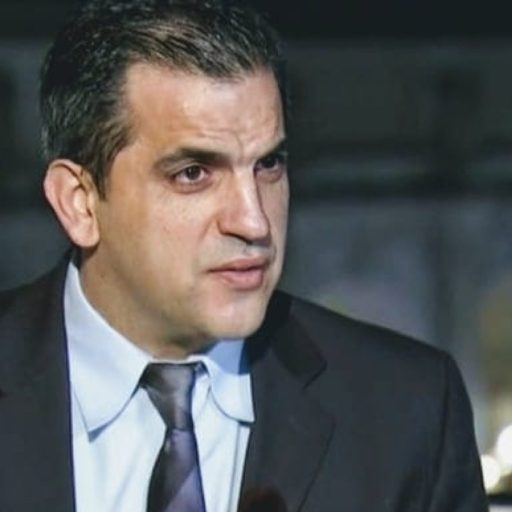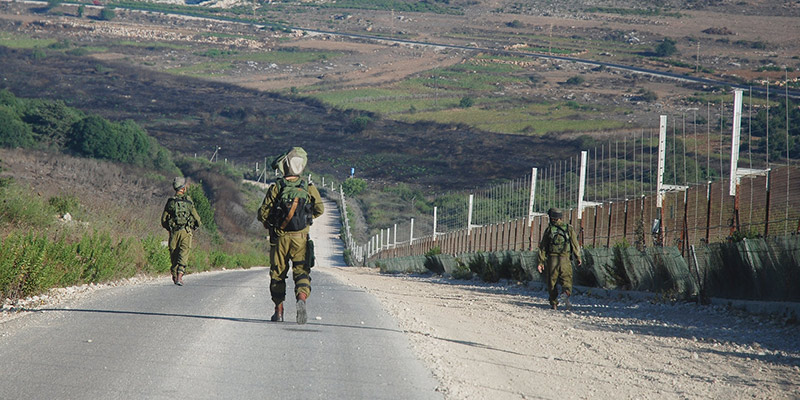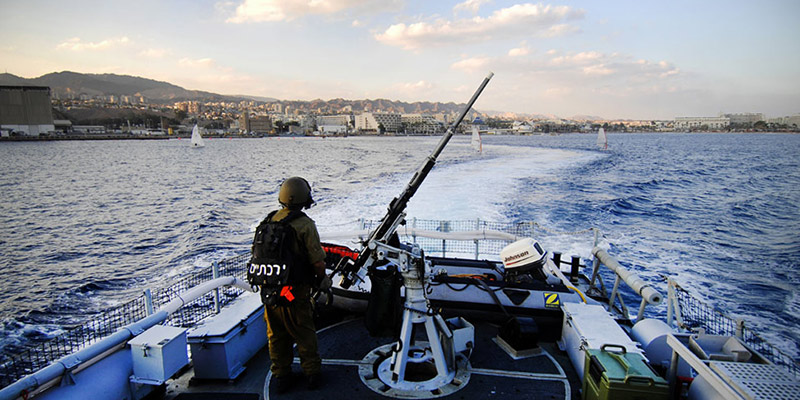My latest: Hezbollah has made the dispute a key priority, but future progress is now largely dependent on volatile domestic politics in both Lebanon and Israel. Click here for the full analysis.
Publications
Publications
How the Russo-Ukrainian Conflict Reshaped US Policy in the Middle East

My latest for Institut Montaigne on how the conflict in Ukraine has impacted US foreign policy in the Middle East. Click here for the full analysis.
Publications
Trump Puts His Stamp on a Generational Shift at the Pentagon
In recent months, US President Donald Trump managed to put his own stamp on a generational shift at the Pentagon, with new leaders emerging to navigate war and peace decisions at a crucial time of political uncertainty in Washington. This comes as the Defense Department addresses the challenge of an increasingly emboldened Iranian regime under significant US economic pressure and a White House that continues to be inclined to withdraw from US engagement in the Middle East. Click here to read the full analysis.
Publications
Assessing the Latest Conflagrations between Israel and Hezbollah
While the latest round benefited both Netanyahu and Hezbollah politically before their bases, those whose influence might have been further weakened are the Lebanese government and the Trump Administration, especially in the latter’s ability to influence policymaking in Beirut. Click here to read the full analysis.
Publications
Should the United States Include Israel in the Gulf Maritime Coalition?
While Israel might have the edge and enjoys Russian cover in Syria, it will be on its own and vulnerable in the Strait of Hormuz if it establishes a naval presence—the focus would turn to protecting the Israeli Navy instead of safeguarding international navigation. Moreover, Israel has no strategic and economic stake in the waterway’s stability, which it does not use for transporting its own energy imports. Instead, Israel could use this involvement as part of its ongoing efforts to deter Iran. It could also weaken Gulf leaders who are allies of the Trump Administration by leaving them with the option of either succumbing to Iranian threats or getting Israeli support. This scenario would surely not play well among their constituencies at home. Click here to read my full analysis.
Publications
Hamas Plans a Comeback to Damascus: US and Regional Implications
A delegation of Hamas leaders met on July 22 with Iran’s Supreme Leader Ali Khamenei to enlist Tehran’s support in convincing the Syrian regime to reopen the Palestinian group’s Damascus office. Meanwhile, on the same day, Syrian Deputy Foreign Minister Faysal al-Mokdad was receiving1 a delegation from the Palestine Liberation Organization (PLO) whose most prominent political party is the Hamas rival, Fatah. This split-screen between Iran and Syria shows how the controversial US peace initiative to resolve the Israeli-Palestinian conflict is benefiting Tehran and pushing the two main Palestinian factions into the arms of Damascus. The Hamas visit to Tehran was led by
Publications
The Symbolism Behind The Latest U.S. Sanctions Against Hezbollah
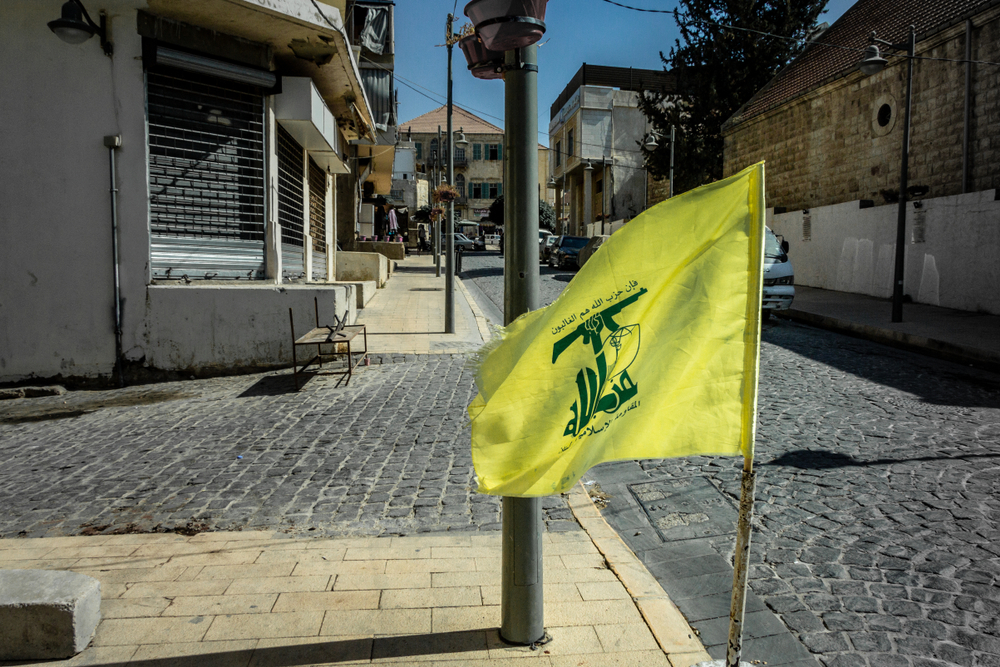
While the latest American sanctions, imposed on July 9, continue a trend of US pressure on Hezbollah, they symbolize an imperfect realignment of interests between the Trump Administration’s Iran approach and Lebanese leaders’ aim to alter their country’s political dynamics. Lebanon has been mostly shielded from US-Iranian tensions over the nuclear deal, but there are questions about whether this is about to change. Click here to read my latest analysis on Lebanon. This analysis was also republished and/or featured in Lobe Log, L’Orient Le Jour (in French) and Lebanon24 (in Arabic).
Publications
A US-Turkish Agreement Remains a Challenge in Northeastern Syria
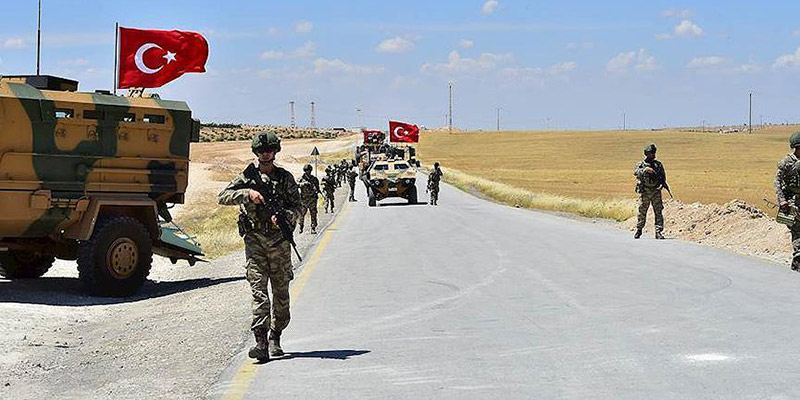
US officials appear to be overselling a potential deal with Turkey on establishing a “safe zone” in northeastern Syria, one they hope could peel Ankara away from Moscow. However, this approach might accelerate the confrontation between Turkish and Kurdish forces in the absence of a clear American strategy in Syria and given the uncertainty in US-Turkish relations. Click here to read my latest analysis.
Publications
On Lebanese-Israeli Border, US And Iran Are Negotiating
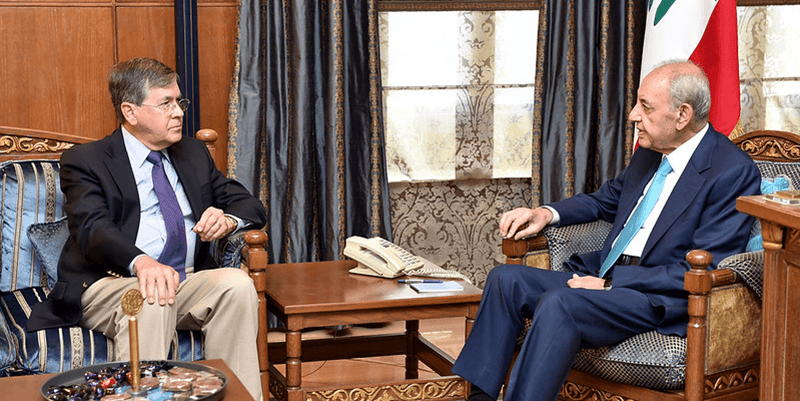
On May 13, while The New York Times reported that the White House was reviewing military plans to attack Iran, a plane carrying the State Department’s Acting Assistant Secretary for Near Eastern Affairs David Satterfield quietly landed in Beirut on an unannounced trip. Heightened tensions between Washington and Tehran did not prevent the US official from rushing to seize a breakthrough as the Iran-backed Hezbollah finally endorsed the Lebanese government’s stance to enter direct negotiations to settle the border dispute with Israel. These negotiations are expected to begin in the coming weeks as the United States and Iran may explore direct talks for the first time since President Donald Trump took office in 2017. Click here to read my latest analysis.
Publications
Facing Pressure at Home and Abroad, Jordan’s King Shifts Strategy
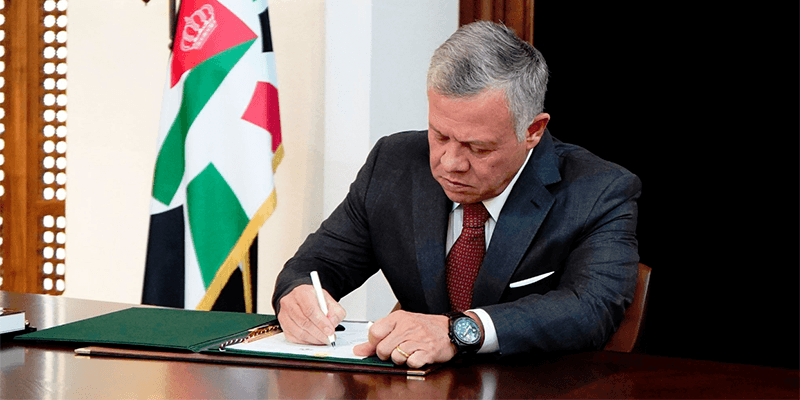
As Amman prepares to weather the storm of the anticipated US peace initiative to resolve the Israeli-Palestinian conflict, Jordan’s King Abdullah II is shifting his approach to domestic politics by realigning interests with the Muslim Brotherhood and clamping down on his critics. The country’s slow economic growth and persistent regional deadlock are constraining Jordan’s rentier state and the monarchy’s rule, as the kingdom continues to lose the support of its traditional allies. Click here to read my latest analysis.
